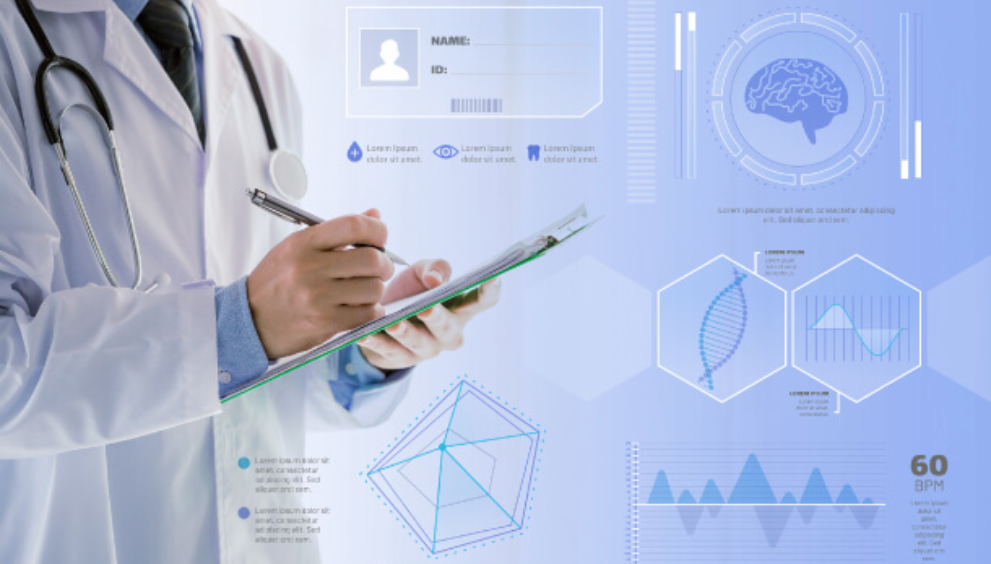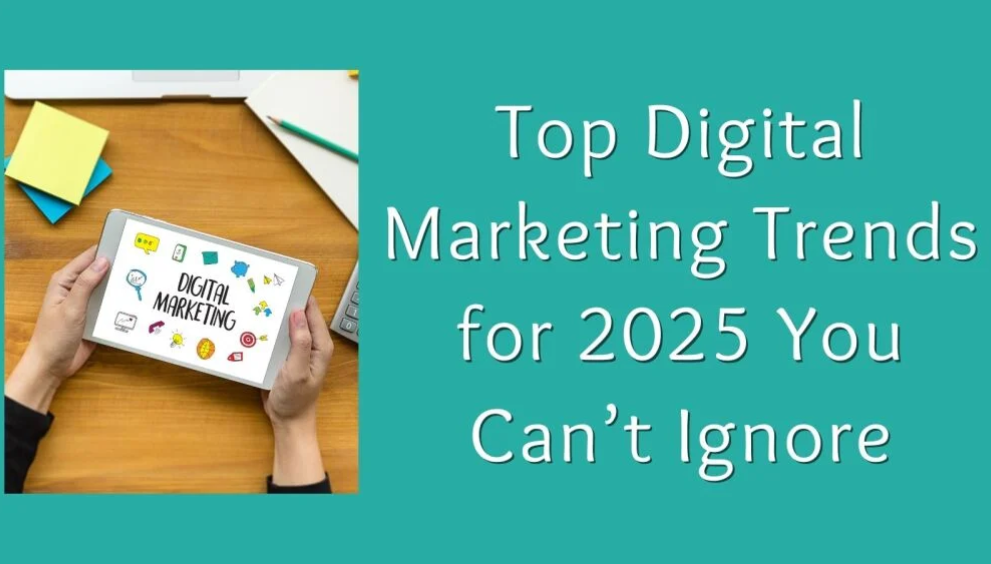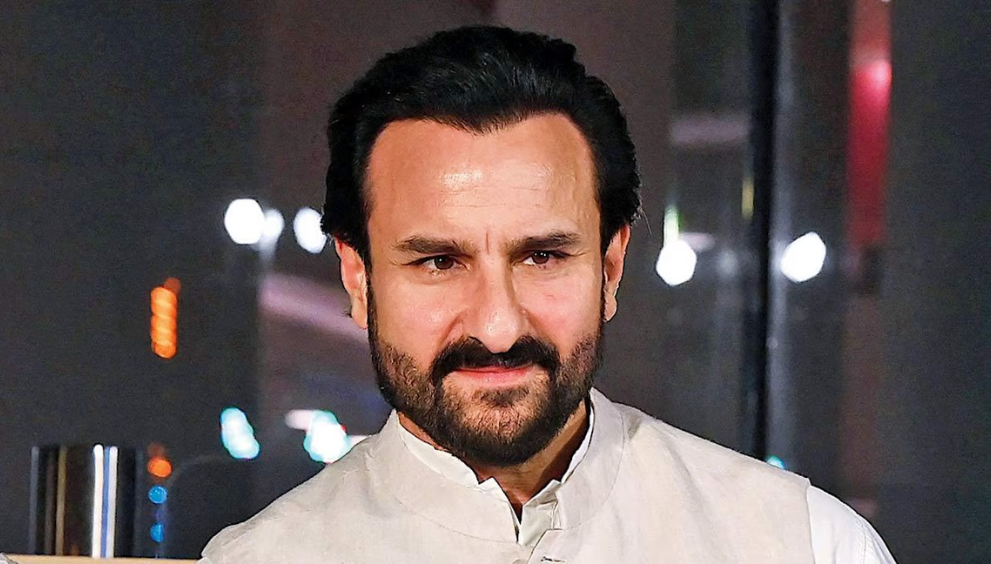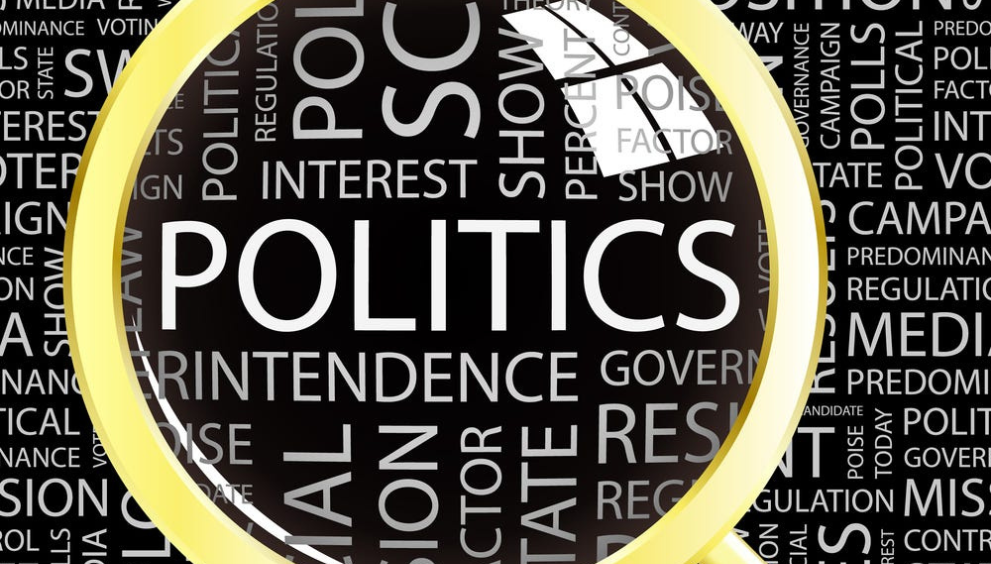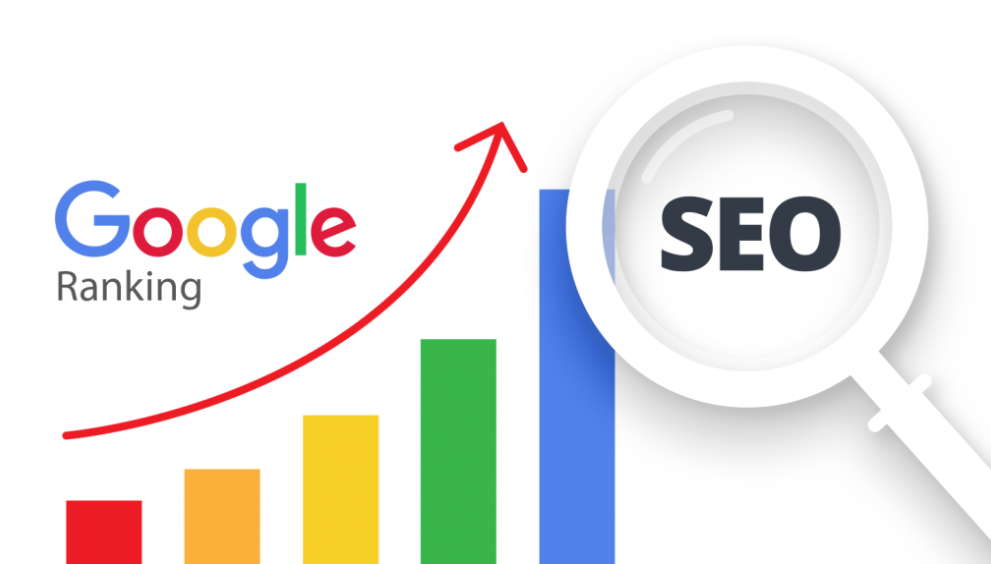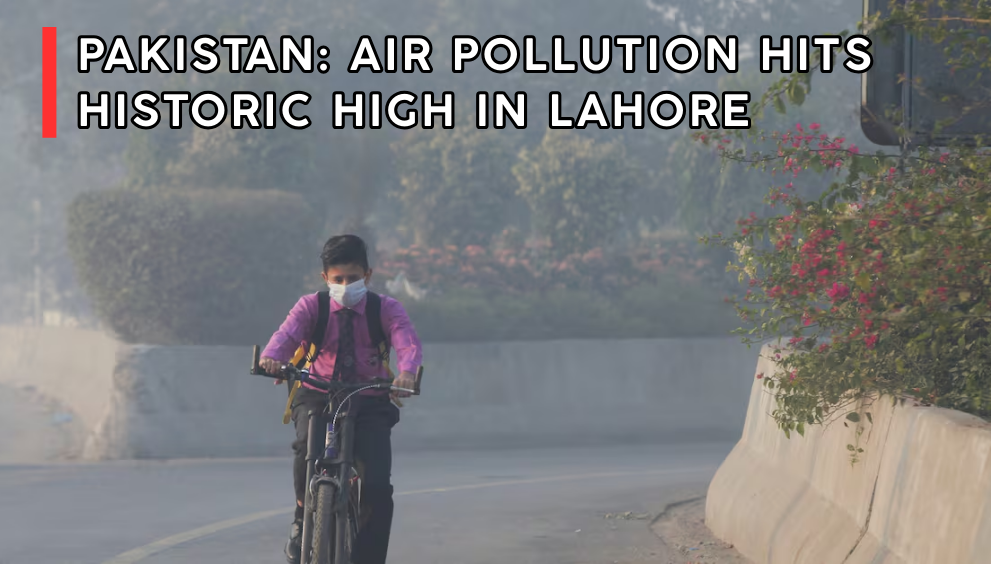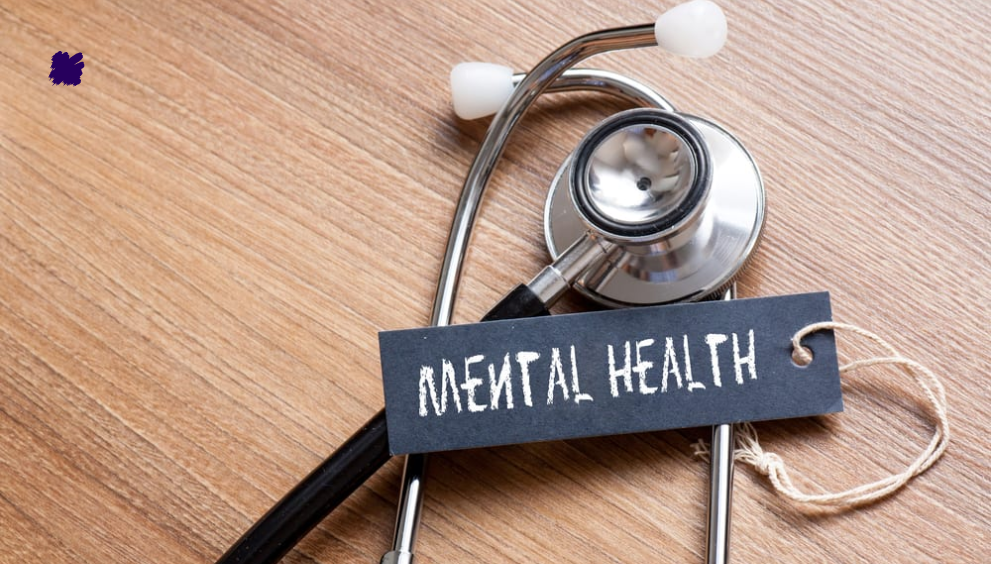How Mental Health Awareness Is Evolving in 2025
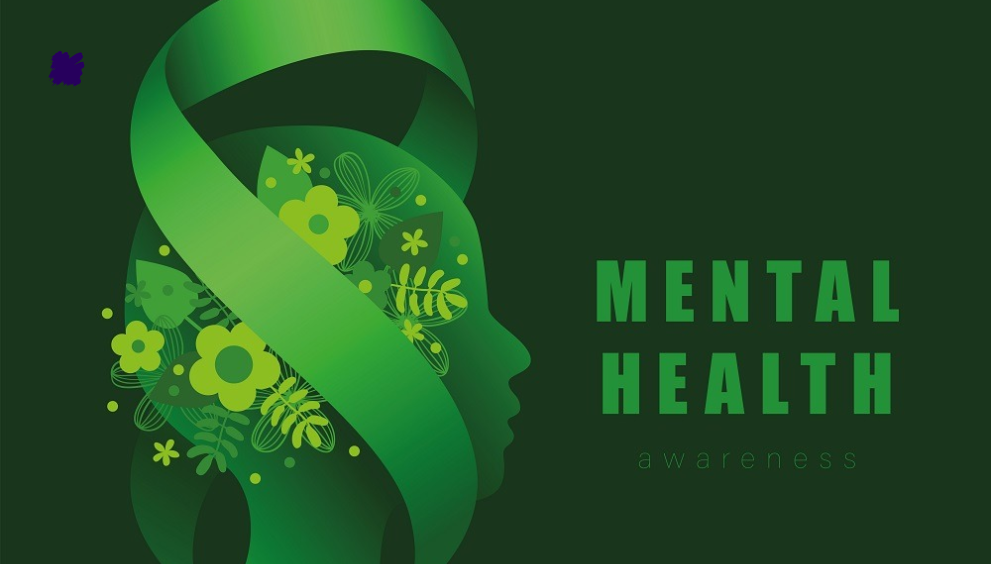
How Mental Health Awareness Is Evolving in 2025
Mental health awareness has gained significant momentum over the years, and in 2025, it continues to evolve in various ways. With advancements in technology, changing societal attitudes, and better accessibility to mental health resources, people are becoming more open about discussing their mental well-being. This article explores the key trends shaping mental health awareness in 2025.
1. Increased Use of AI and Digital Therapy
Technology has transformed the way people access mental health support. AI-powered chatbots and virtual therapists are now providing instant assistance to those in need. Mobile apps with AI-driven mental health assessments are helping individuals track their emotional well-being and receive personalized recommendations.
Additionally, teletherapy has become more accessible, allowing people to connect with licensed professionals from the comfort of their homes. These digital solutions are breaking down barriers, making mental health care more affordable and available to a larger population.
2. Workplace Mental Health Initiatives
Companies are now prioritizing mental health as an essential part of employee well-being. Businesses have started implementing flexible work hours, mental health days, and stress management programs. In 2025, many workplaces offer on-site therapists and wellness programs to create a healthier work environment.
Moreover, companies are training managers to recognize signs of burnout and provide mental health support to employees. This shift is helping reduce workplace stress and increase productivity.
3. Schools and Universities Emphasizing Mental Health Education
Educational institutions are now integrating mental health education into their curriculums. Schools and universities are offering counseling services, mindfulness programs, and stress management workshops to help students cope with academic pressure and personal struggles.
In addition, there is a greater focus on training teachers and parents to recognize early signs of mental health issues in children and teenagers. This proactive approach is helping young individuals build resilience and develop healthy coping mechanisms.
4. Reduced Stigma Around Mental Health Issues
Society is becoming more accepting of mental health challenges, thanks to ongoing awareness campaigns and influential figures speaking out. In 2025, more celebrities, athletes, and influencers are openly discussing their mental health journeys, encouraging others to seek help without fear of judgment.
Social media platforms are also playing a crucial role in promoting mental health awareness. Online communities and support groups provide a safe space for individuals to share their experiences and seek guidance.
5. Holistic and Alternative Therapies Gaining Popularity
People are now exploring holistic approaches to mental wellness, such as meditation, yoga, aromatherapy, and herbal treatments. Scented candles infused with calming essential oils are becoming a popular tool for relaxation and stress relief. (This could be a great business opportunity for your candle venture!)
Additionally, nutrition and mental health are being closely studied, with experts emphasizing the importance of a balanced diet in maintaining emotional stability.
6. Government Policies Supporting Mental Health
Governments worldwide are recognizing the importance of mental health and implementing new policies to provide better support. Mental health services are being integrated into public healthcare systems, ensuring that therapy and counseling are more accessible and affordable.
Many countries are also enforcing laws to protect employees’ mental well-being and ensuring that insurance covers mental health treatments. This shift is making it easier for people to seek professional help without financial burden.
7. Personalized Mental Health Solutions
With advancements in neuroscience and data analytics, mental health treatments are becoming more personalized. In 2025, wearable devices can monitor stress levels, sleep patterns, and heart rate to provide real-time insights into mental well-being.
Psychologists and therapists are using data-driven approaches to tailor treatment plans based on an individual’s unique needs. This personalized approach ensures better outcomes and faster recovery for those struggling with mental health challenges.
Conclusion
Mental health awareness in 2025 is evolving in remarkable ways, driven by technology, education, workplace initiatives, and government support. The stigma surrounding mental health is gradually diminishing, and people now have better access to resources that can help them lead healthier lives.
As society continues to embrace mental health as a priority, it is crucial for individuals to take proactive steps in maintaining their well-being. Whether through therapy, digital tools, or holistic approaches, everyone has a role to play in fostering a more supportive and understanding world.Read more informative blogs

 English
English 






































